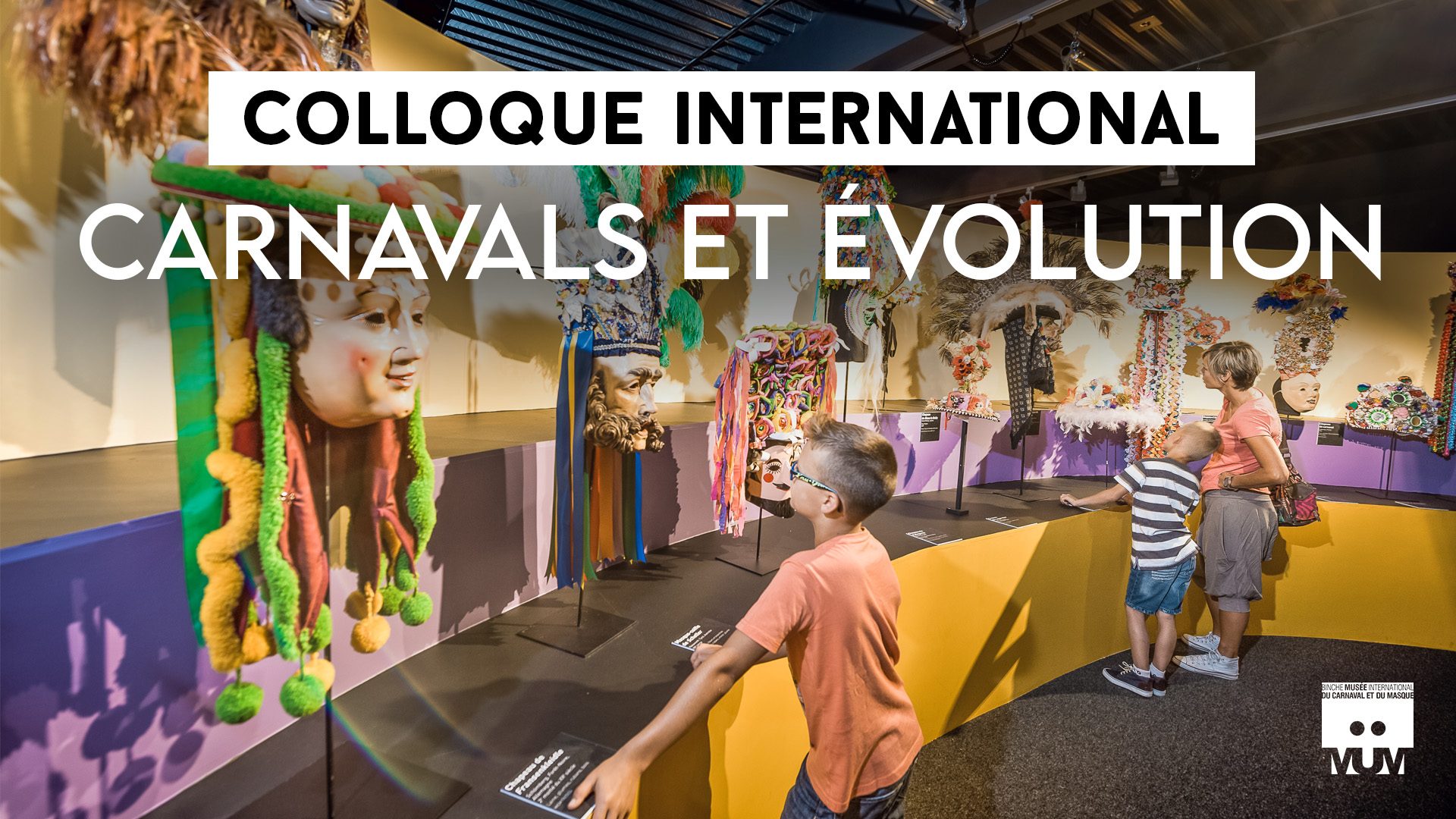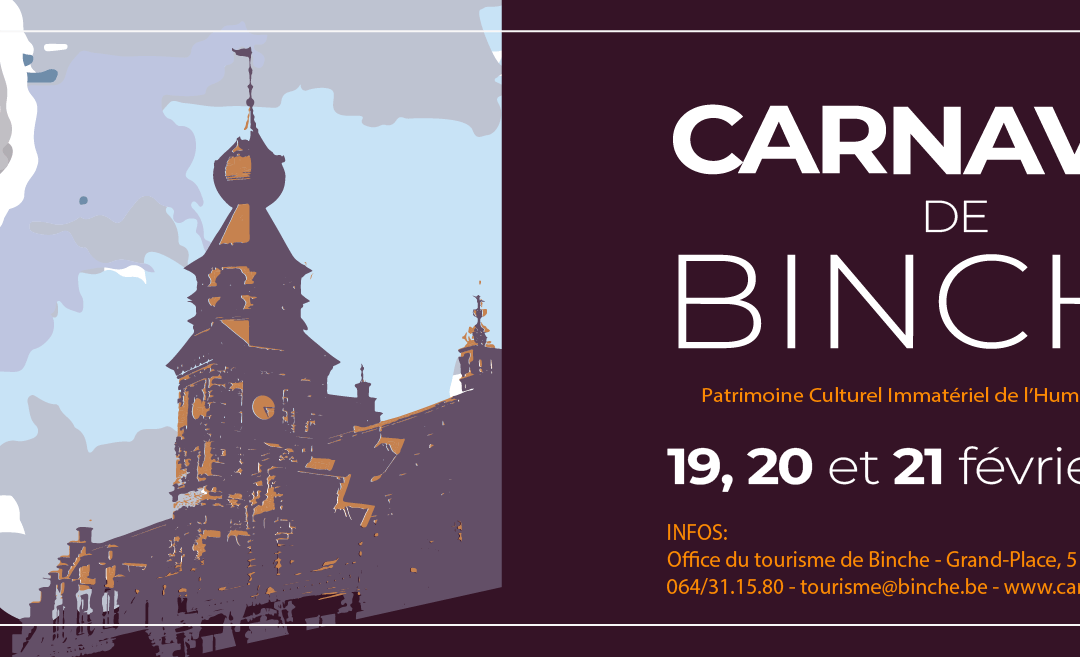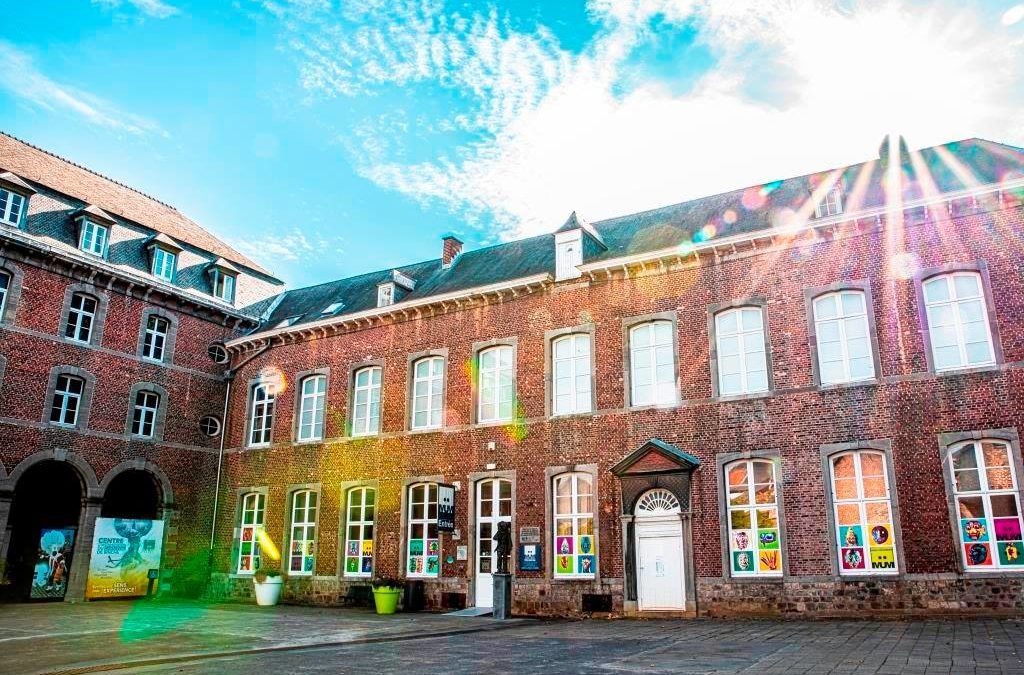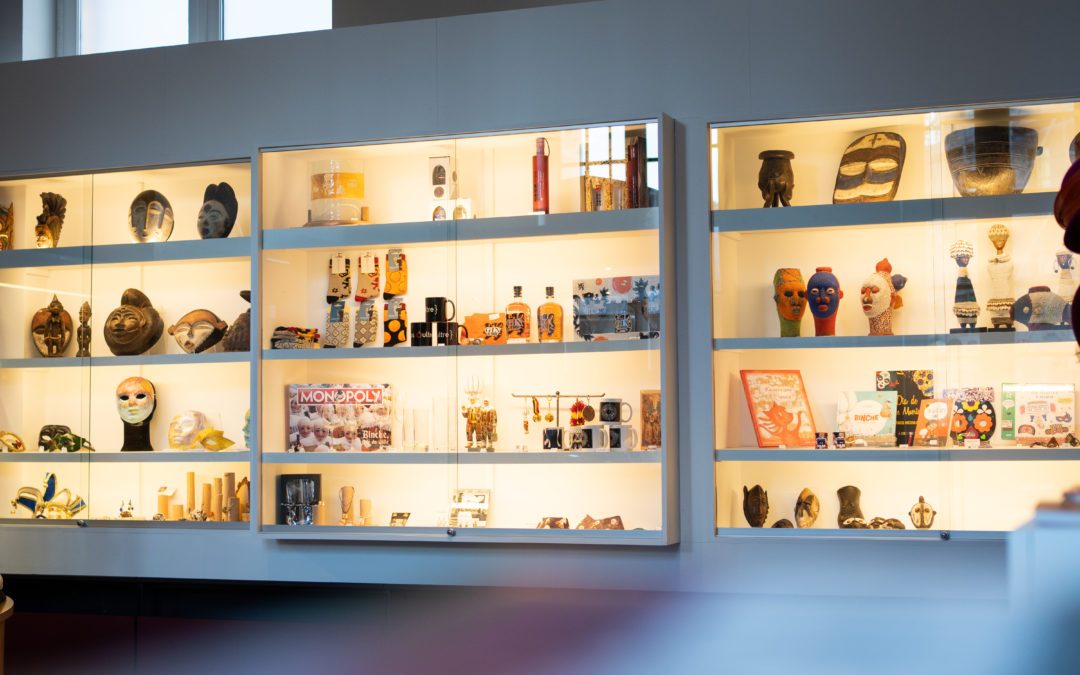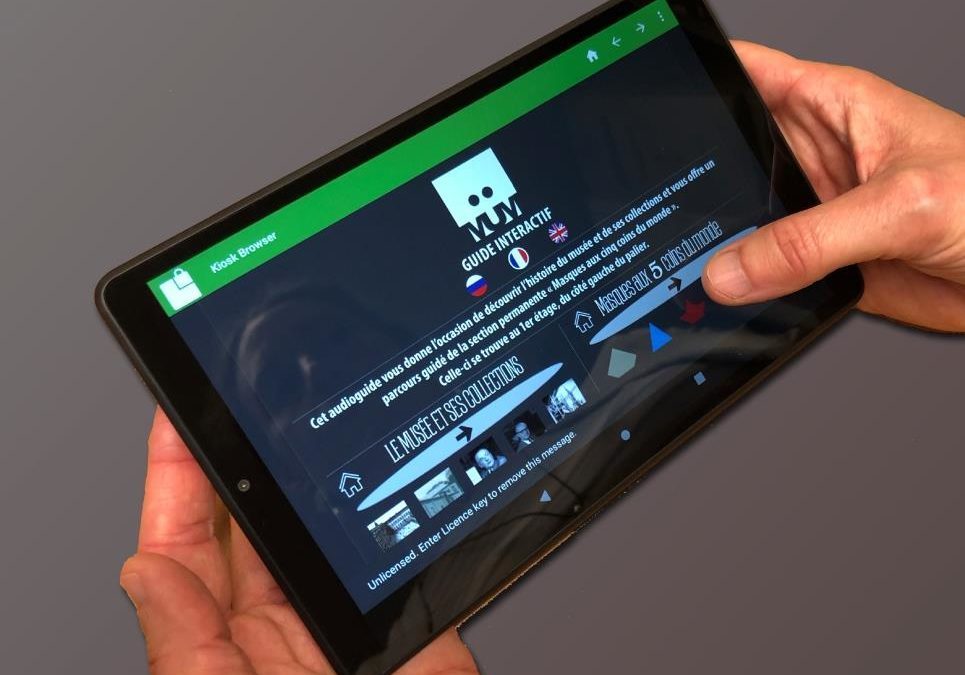International symposium programme « Carnivals and evolution »
Friday 15 to Saturday 16 March
Twenty years after the adoption of the UNESCO Convention for the Safeguarding of the intangible Cultural Heritage, this symposium aims to examine the evolution and the representation of the carnivals in society and to stimulate exchanges between the actors of the carnivals, the researchers and the specialists in the field of carnival traditions. Download the full programme (EN)
Programme for Friday 15 March 2024
- 9.30 a.m. : Introduction by Clémence Mathieu, director of the International Carnival and Mask Museum in Binche and Lucy Smolderen, curator of the International Carnival and Mask Museum in Binche – in french
- 10 a.m. : Making intangible heritage live in the 21st century, transformation dynamics, challenges and objectives by Manuela Valentino, leading UNESCO heritage curator, museum hub, City of Mons and president of the culture and heritage section of the French–speaking and German-speaking commission of UNESCO in Belgium – in french
- 10.40 a.m. : Fasnacht in the Museum : Challenges in the presentation of intangible cultural carnival heritage in museums by Florence Roth, curator of the European department of the Museum der Kulturen of Basel, Switzerland – in french
- 11.20 a.m. : From intimate identity ritual to expression of cultural heritage. The role played by the Museum of Mediterranean Masks of Mamoiada. The future commitment towards the local and international community by Alice Medda, collaborator of the Museo delle Maschere in Mamoiada, Sardinia and Elena Giangiulio, director of the Museo delle Maschere in Mamoiada, Sardinia – in english
- 12 – 1.30 p.m. : break
- 1.30 p.m. : Filming and celebrating carnival. Reflections on the representation of « official » and « independent » carnivals in interaction with the camera by Monika Salzbrunn, full professor of religions, migration and arts at the University of Lausanne, Switzerland – in french
- 2.10 p.m. : The Imster Schemenlaufen – an old Tyrolean carnival and its dealing with the status of an intangible cultural heritage by Manfred Waltner, vice-president of the organizing committee of the Carnival of Imst, Austria – in english
- 2.50 p.m. : coffee break
- 3.20 p.m. : Changes in carnival customs in Slovenia by Anja Jerin, scientific collaborator of the department of intangible cultural heritage of the Ethnographic Museum of Slovenia and Adela Pukl, curator of the department of spiritual culture of the Ethnographic Museum of Slovenia – in english
- 4 p.m. : Let’s complicate things a bit: a stratigraphical time exploration of the evolution of the Caretos of Podence tradition! by Patricia Cordeiro, working for the department of heritage and tourism of Podence, Portugal – in english
- 4.40 p.m. : ending and self-guided tour of the Museum
- 6 p.m. : Closure of the Museum
Programme for Saturday 16 March 2024
-
10 a.m. : The evolution of the subversive value of carnival in Western Europe by Françoise Lempereur, lecturer at the University of Liège, Belgium – in french
- 10.40 a.m. : When minorities are shaping the masquerade: the Carnival of Rome, renown at all costs ? by Eugénie Ansion, student of Art history at the Catholic University of Louvain-la-Neuve, Belgium – in french
-
11.20 a.m. : From the Wild man to the Devil of Gavatao. The Ducasse of Ath under attack by Laurent Dubuisson, director and curator of the House of Giants in Ath, Belgium – in french
-
12-1.30 p.m. : Leisure time
-
2 p.m. : Departure from the Museum of Caretos de Podence
-
2.30 p.m. : Welcome reception for the Caretos at the townhall
-
From 3 p.m. Join us for a colourful and festive parade through the streets of Binche, in the company of the Caretos of Podence in Portugal, a carnival recognised as Intangible Cultural Heritage by UNESCO.
Would you like to register free of charge for this conference? Contact the Museum reception on 064 33 57 41 or accueil@museedumasque.be

